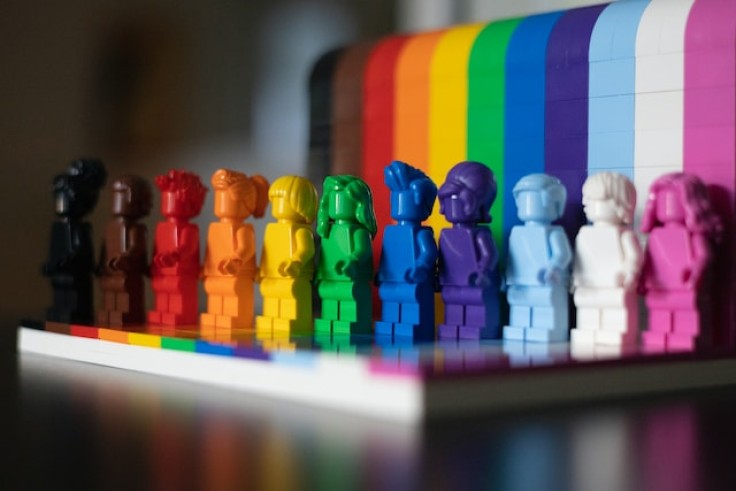
In a controversial move, the state of Florida has effectively banned the Advanced Placement (AP) Psychology class due to its inclusion of content related to sexual orientation and gender identity. The College Board, a nonprofit organization responsible for overseeing AP courses, revealed that the Florida Department of Education informed them about the course's violation of the state's Parental Rights in Education Act, commonly referred to as the "Don't Say Gay" law. This law restricts the instruction of sexual orientation and gender identity in classrooms across the state.
Florida's "Don't Say Gay" Law Sparks Controversy, Accusations of Censorship
According to NBC News, the decision to ban the AP Psychology course has stirred heated debates, with the College Board expressing its concern that it deprives parents and students of choice in their education. Additionally, the move disrupts the college readiness and affordability plans for thousands of Florida students who were already registered for the popular AP Psychology class.
Critics argue that excluding LGBTQ topics from the course would amount to censorship and compromise the integrity of college-level standards. The College Board emphasized that lessons on sexual orientation and gender identity have been an integral part of AP Psychology for over three decades.
Interestingly, this is not the first time Florida's education system has faced controversy regarding course restrictions. Just months before this latest decision, the state faced backlash for blocking AP African American Studies courses, drawing criticism from academics and civil rights activists.
The American Psychological Association, the largest organization of psychologists in the nation, has been vocal in its opposition to stripping LGBTQ topics from the curriculum. They argue that understanding human sexuality is essential to psychology, and omitting decades of scientific study on sexual orientation and gender identity would hinder students' education and success.
LGBTQ advocates are also condemning the ban, stating that it erases the existence of LGBTQ individuals from the curriculum and disrupts educational pathways for those interested in pursuing psychology and mental health professions. Kelley Robinson, the president of the Human Rights Campaign, emphasized that psychology revolves around all people and that ignoring LGBTQ+ individuals denies students comprehensive, culturally competent mental healthcare in the future.
Florida's Educational Policies Draw Scrutiny Amid Ongoing Debates over Inclusivity
The controversy surrounding Florida's educational policies does not end there. In recent years, the state has enacted a series of laws targeting LGBTQ rights. Last year, Governor Ron DeSantis signed the "Don't Say Gay" law, which prohibits discussions of sexual orientation or gender identity by school personnel or third parties in kindergarten through eighth-grade classrooms. Subsequently, the law expanded to include restrictions on reproductive health education in sixth- through 12th-grade classrooms.
Moreover, DeSantis signed other measures, one of which prohibits transgender individuals from using public restrooms that align with their gender identity and another restricting drag performances in front of minors. The governor's actions have drawn criticism and sparked an ongoing feud between him and The Walt Disney Co., Florida's largest employer.
As the debate continues to unfold, the College Board, LGBTQ advocates, and civil rights activists are standing firm against what they perceive as an erosion of rights and censorship. The battle over educational content and inclusivity in Florida's classrooms is likely to remain a contentious issue as the state's educational policies continue to be scrutinized by various stakeholders.
Related Article : Increasing Anti-LGBTQ Legislation Triggers Human Rights Campaign To Declare State of Emergency